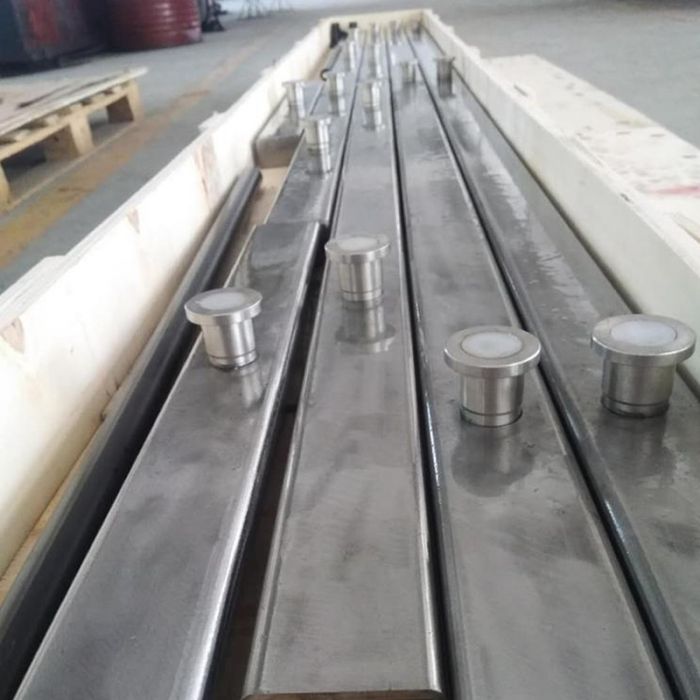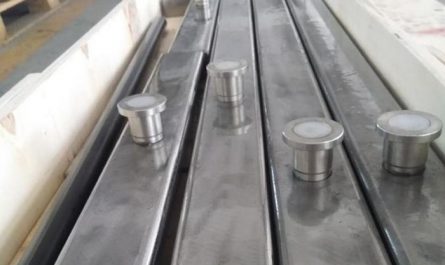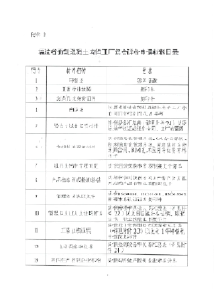Click the blue word above to pay attention to it.
First, what is concrete dry shrinkage: if the concrete shrinkage is unrestricted uniform shrinkage, it is called free shrinkage.
Free shrinkage only produces compressive stress, and the volume of commercial concrete decreases.
Therefore, free shrinkage will not lead to cracking of commercial concrete.
However, in practical engineering, the shrinkage deformation of commercial concrete is always limited by some aspects.
The existence of shrinkage cracks in commercial concrete affects the load bearing capacity of commercial concrete structural members, and will also damage the durability of commercial concrete in serious cases.
A large number of concrete projects have dry shrinkage, resulting in property losses.
2、 Reasons for dry shrinkage of commercial concrete: due to large amount of cement, water, sand rate and small amount of stone; Due to the characteristics of high hydration heat, high temperature, high wind speed and low relative humidity, commercial concrete is prone to dry shrinkage cracks, especially in plane concrete structures such as slabs.
This is one of the main causes of dry shrinkage cracks.
3、 Influence of concrete dry shrinkage on commercial concrete structural members: 1 Dry shrinkage cracks of commercial concrete water supply and drainage structures in reinforced commercial concrete water supply and drainage structures, the crack problem is a very important problem.
The causes of cracks in the pool wall are very complex, which are related to factors such as design, construction and materials used.
Crack seepage will cause reinforcement corrosion and affect the service life and structural safety of the pool.
2.
Concrete dry shrinkage cracks of pavement concrete commercial concrete pavement in construction, concrete dry shrinkage cracks will appear more or less on the pavement.
Such concrete cracks are generally narrow, short and shallow, which will not affect the normal use of the pavement, but will reduce the wear resistance and corrosion resistance of the pavement and aggravate the weathering of the pavement surface…




